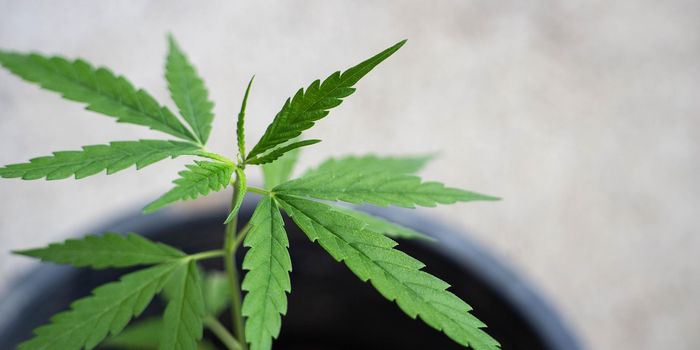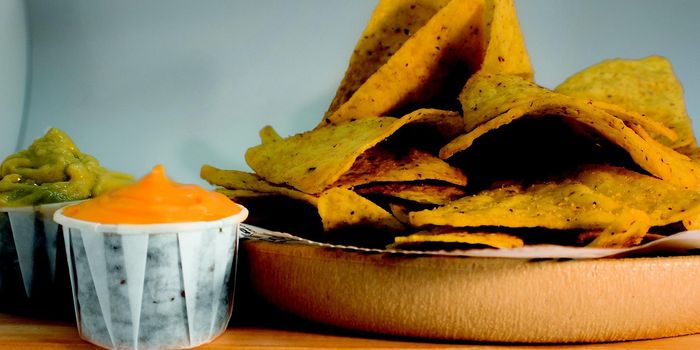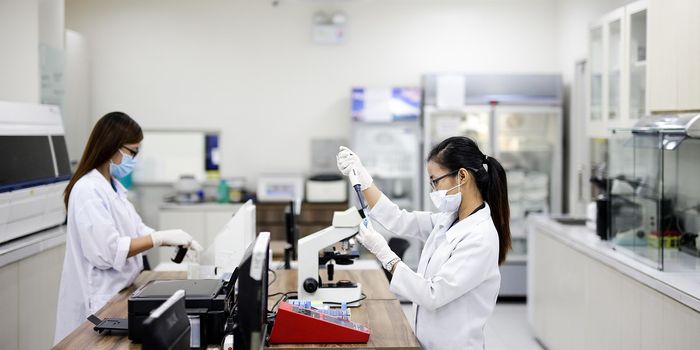How Cannabidiol Can Combat Invasive Species of Mussels
For decades American waters have been plagued with an invasive species; the zebra mussels, named for its zebra-like pattern on its shell. It is native to the lakes of Russia and Ukraine but has been transported to other countries most commonly attached to the bottom of ships.
The mussels attach to substrates by basal threads that protrude from their umbro on the dorsal side. To obtain food an adult mussel will filter an average of 1 liter of water per day. This process allows the species to harvest plankton, large bacteria, and detritus from the water but can be a tremendous disturbance to an ecosystem, as densities can reach over 100,000 individuals per square meter. An adult female zebra mussel can produce 30,000 to 40,000 eggs in a cycle, and spawn over 1 million each year.
These large populations are threatening the existence of other animals by out-competing them for food and decreasing dissolved oxygen levels. They also cause economic damage by attaching to water intake pipes and power plant equipment. Government resources are spent patrolling the hulls of boats and ships as they are the main source of transport for the mussels from one freshwater source to another. Mussels can survive outside the water for a limited time as well, compounding the issue. This has scientists looking for ways to rectify this issue.
In North Carolina, a scientist by the name of Joseph Resnick has developed a solution using the cannabinoid cannabidiol (CBD) found in the cannabis plant. Resnick works at developing new uses and processes for cannabis and has discovered that when the invasive zebra and quagga mussels consume CBD, they can no longer produce the chemical that allows them to adhere to substrates. If a mussel cannot anchor themselves than they are unable to feed and will eventually die. In order to get the CBD to where the mussels are located, the CBD is contained in a microsphere which is designed to sink through the water to where the mussels are located.
Inside the microsphere, there are nanospheres that contain miniscule extracts of CBD in powdered form, and another chemical that prevents the mussel’s offspring from producing the adhesive compound. Resnick originally developed the powdered form with a California based company that was creating products that required very precise doses of cannabinoids in edible cannabis products.
To increase the efficacy of his mussel killing technique Resnick has included a strain of genetic virus in the nanospheres. This virus edits the genes of the mussels which strips the mussel’s ability to produce offspring. Resnick has entered his project into a competition hosted by the Bureau of Reclamation but states it wasn’t the challenge of the competition that inspired him to develop the product. Rather it was his work in the cannabis industry with developing guaranteed accurate measurements in dosing that lead him to his invention.
As the cannabis industry becomes more accepted in society, scientists are seeing opportunities to cross interests. Resnick says, “There’s nothing greater to be needed and to realize and to see that what you do is really helping people and it’s important. I’m not self-aggrandizing or anything like that, but it makes me feel good to know that what I’m doing helps people.”
Sources: US Fish and Wildlife, Cary Institute, Manitoba, Statemans Journal, Cannabis Business Times









